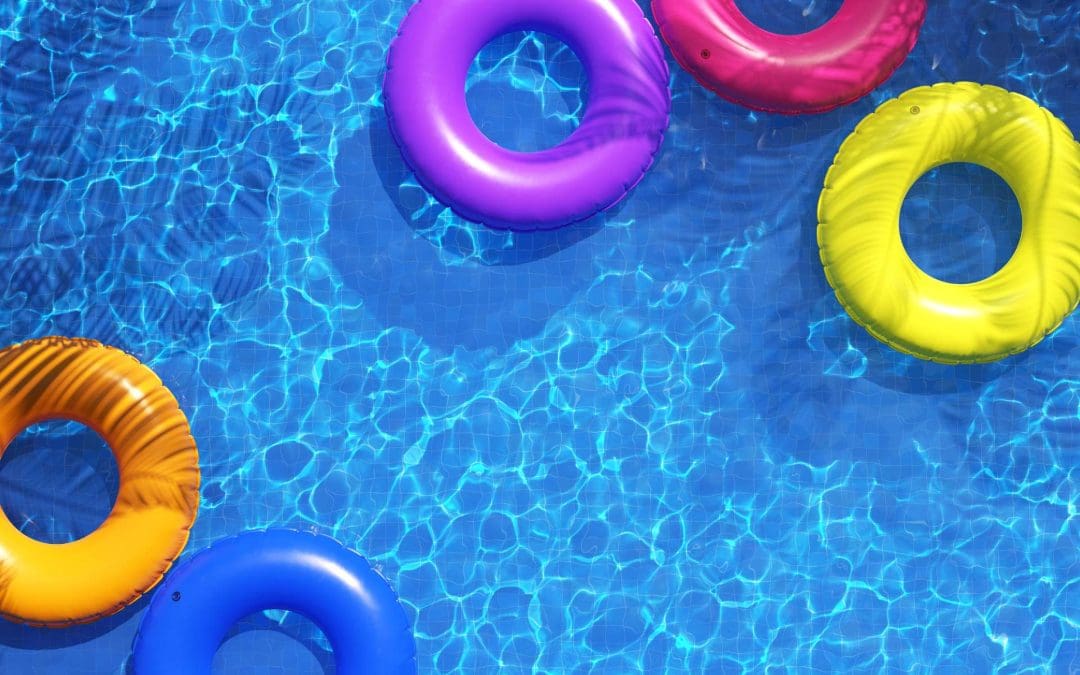Owning a swimming pool is one of the greatest joys of homeownership, but it does come with its fair share of responsibilities. Regular maintenance is key to keeping your pool sparkling clean and safe for swimming. Let’s explore some of the most important maintenance tasks to ensure your pool stays in great condition all year long.
Key Swimming Pool Maintenance Tips for Homeowners
Skim and Clean Your Pool Regularly
One of the first steps in maintaining your pool is to skim the water’s surface. Leaves, debris, and bugs quickly accumulate, and if left unattended, they sink to the bottom and create more work for you later. Make it a habit to skim the pool daily, especially during the warmer months, when debris is more likely to accumulate.
In addition to skimming, make sure to check and clean your pool’s filters regularly. Filters are crucial in keeping the water clean, and a clogged or dirty filter reduces efficiency, causing the pump to work harder and use more energy.
Check and Maintain Water Chemistry: A Critical Step in Pool Maintenance
Proper water chemistry is the foundation of pool maintenance. If your pool’s chemistry is off, it leads to algae growth, cloudy water, and even damage to your pool equipment. The three main monitoring elements are pH levels, alkalinity, and chlorine.
First, check your pool’s pH levels. Ideally, pH should range from 7.4 to 7.6. If the pH is too high or too low, it causes skin and eye irritation for swimmers and makes chlorine less effective. Next, ensure the alkalinity is between 80 and 120 ppm (parts per million), which helps buffer your pool’s pH levels. Finally, chlorine is essential for disinfecting the water and keeping harmful bacteria at bay. You’ll want your chlorine levels to sit between 1.0 and 3.0 ppm.
To keep these levels in check, you’ll need to regularly test your pool water with a good-quality test kit. This quick and easy step ensures your water stays safe and clean.
Clean and Maintain Pool Equipment
Your pool’s equipment plays a crucial role in maintaining the cleanliness and safety of the water. This includes your pool pump, filter, heater, and automatic cleaner (if you have one). Regularly inspect and clean these parts to avoid breakdowns. For example, your pump basket will become clogged with leaves and debris, so it’s important to clean it out periodically.
Your filter system, whether a cartridge, sand, or DE filter, should be backwashed or replaced according to the manufacturer’s instructions. If your pool has a heater, it’s worth checking for mineral buildup, which reduces its efficiency. If you use an automatic cleaner, make sure its parts are working smoothly, including checking for broken hoses or brushes.
Shocking Your Pool: A Must-Know Tip for Pool Maintenance
Even with regular maintenance, pools sometimes develop cloudy water or experience increased contamination from heavy swimmer activity. That’s when you’ll need to “shock” the pool. Shocking is adding a large dose of chlorine or other chemicals to quickly raise the chlorine levels and break down contaminants like oils, lotions, and bacteria. Shocking your pool once every two weeks is generally a good idea, especially during peak swimming season.
Don’t Forget About the Pool’s Surroundings
The area surrounding your pool is just as important as the water itself. Ensure that the pool deck is clean and free of debris to prevent dirt and grime from being tracked into the pool. Also, check for any cracks or wear in the pool surface or tiles, as small issues quickly become bigger problems if left unattended.
With a bit of daily upkeep, regular checks on water chemistry, and attention to equipment, your pool will remain a safe and inviting place for relaxation and fun. Taking these small steps will help preserve your pool’s life and keep it looking beautiful for years to come.
Innovative Home Concepts provides pool inspections and home inspections in Charlotte and surrounding areas. Contact us to schedule an inspection today.

